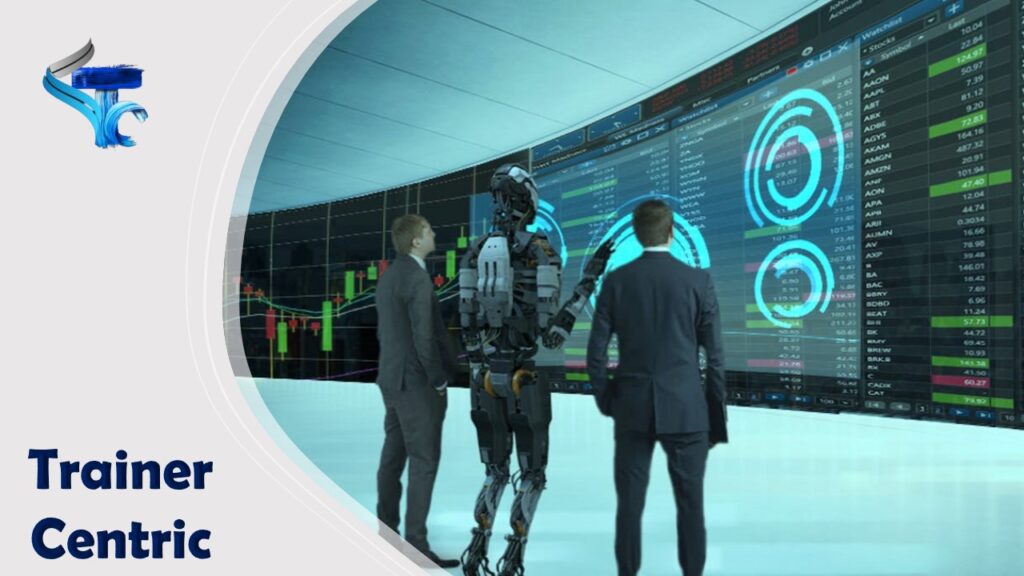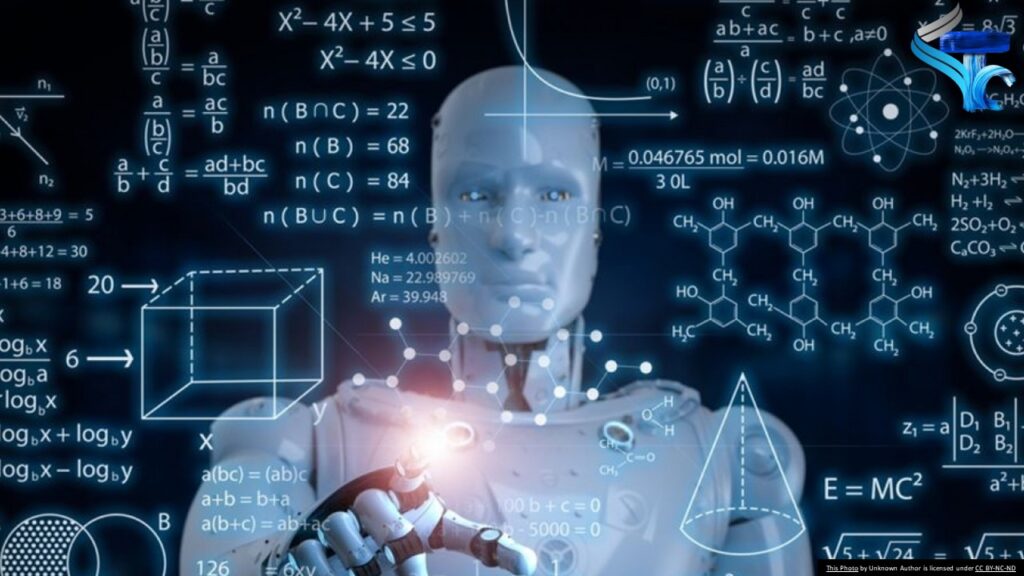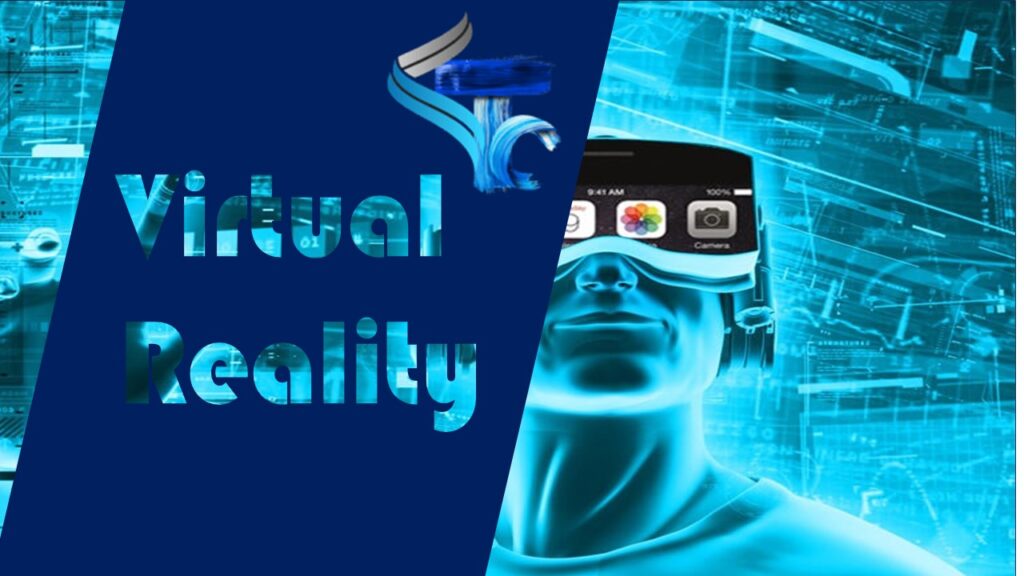Artificial Intelligence in corporate training has revolutionized various industries, and one area where its impact is particularly significant is corporate training. In this article, we will explore the role of Artificial Intelligence in corporate training. We will also touch base how AI is transforming corporate training and revolutionizing the way employees learn and develop new skills.

Understanding Artificial Intelligence in corporate training
Artificial Intelligence refers to the development of computer systems capable of performing tasks that traditionally required human intelligence. AI algorithms analyze vast amounts of data, learn from patterns, and make decisions or predictions based on this learning. Key components of AI include machine learning, natural language processing, and deep learning, enabling it to perform complex tasks efficiently.
The Need for Artificial Intelligence in Corporate Training
Corporate training plays a vital role in the success of organizations by ensuring that employees have the skills and knowledge needed to excel in their roles. However, traditional training methods often fall short in meeting the evolving needs of employees and the fast-paced business environment. This is where Artificial Intelligence (AI) in corporate training comes into play, addressing the limitations of conventional training approaches and providing innovative solutions for effective corporate training.

One of the primary needs for AI in corporate training is the demand for personalized learning experiences. Each employee has unique strengths, weaknesses, and learning styles. Traditional training programs often follow a one-size-fits-all approach, which may not effectively cater to individual learning needs. AI, with its ability to analyze vast amounts of data, can personalize training content, delivery methods, and pace based on an individual’s preferences and performance. By providing customized learning experiences, Artificial intelligence in corporate training ensures that employees receive the right training at the right time, maximizing their learning outcomes and overall performance.
Another critical need that AI fulfills in corporate training is addressing skill gaps. Identifying and addressing skill gaps is crucial for continuous employee development and organizational growth. However, it can be a challenging task for trainers to pinpoint individual weaknesses and provide targeted training interventions. AI-powered systems can analyze employee performance data, assess skill levels, and identify specific areas that require improvement. By dynamically adjusting the learning path and delivering personalized content, AI helps employees bridge their skill gaps more efficiently, resulting in improved job performance and productivity.
In addition to personalization and skill gap analysis, AI in corporate training also addresses the need for engaging and interactive learning experiences. Traditional training methods often struggle to capture employees’ attention and maintain their interest throughout the learning process. AI technologies such as virtual reality (VR) and simulation-based training offer immersive and interactive learning environments.

These technologies create realistic scenarios where employees can practice and refine their skills in a safe and controlled setting. Artificial Intelligence in corporate training enhances these training methods by generating intelligent virtual environments, providing instant feedback, and adapting the training based on the employee’s progress. As a result, employees are more engaged, motivated, and likely to retain and apply the knowledge gained during training.
Enhancing Personalized Learning with AI
AI’s ability to provide personalized learning experiences is one of its major advantages in corporate training. By analyzing individual learning patterns, preferences, and performance data, AI algorithms deliver customized content and recommendations. This ensures that employees receive tailored training at the right time, maximizing their learning outcomes.
Adaptive Learning and Skill Gap Analysis
AI-powered adaptive learning systems dynamically adjust the learning path based on an employee’s progress and performance. These systems identify skill gaps and tailor training content to address specific needs. By focusing on individual weaknesses, employees can efficiently enhance their skills, leading to improved job performance. This is the reason that artificial intelligence in corporate training is now a days almost used widely.
Virtual Reality and Simulation-Based Training
Virtual Reality (VR) and simulation-based training offer immersive learning experiences that replicate real-world scenarios. AI technology enhances these training methods by creating intelligent virtual environments, generating realistic scenarios, and providing instant feedback. This enables employees to practice and refine their skills in a safe and controlled environment, resulting in better retention and application of knowledge.
AI-Enabled Assessments and Feedback
Traditional assessments often struggle to provide timely and accurate feedback. AI-enabled assessment tools analyze responses, detect patterns, and generate detailed insights. This enables trainers to identify areas of improvement, provide targeted feedback, and effectively monitor progress. AI also automates the grading process, saving time and reducing human bias. This is also one of the main reasons why artificial intelligence in corporate training is widely used.
Data Analytics for Continuous Improvement

AI-driven corporate training generates vast amounts of data, including learner interactions, performance metrics, and feedback. Data analytics tools analyze this information to gain valuable insights into the effectiveness of training programs, identify trends, and make data-driven decisions for continuous improvement. This helps organizations optimize their training strategies and enhance employee development.
Ethical Considerations in AI-Based Training
As AI becomes more prevalent in corporate training, ethical considerations come into play. Organizations must ensure transparency, fairness, and privacy when using AI algorithms to make training-related decisions. Addressing potential biases, maintaining data security, and establishing clear guidelines to protect employee rights and trust are essential.
Overcoming Challenges and Resistance
While AI offers significant advantages in corporate training, its implementation can face challenges and resistance. Concerns about job displacement, privacy, and lack of human interaction may arise. It is crucial to address these concerns by emphasizing AI’s role as a tool to enhance human capabilities, provide continuous learning opportunities, and create a supportive learning culture.
Successful Implementations of AI in Corporate Training
Several organizations have successfully implemented AI in their corporate training programs. For example, IBM’s Watson provides personalized learning paths, while Amazon’s Alexa offers on-demand training support. These real-world examples showcase the effectiveness of AI in delivering engaging, personalized, and impactful training experiences.
Future Trends in AI-Driven Training
The future of AI-driven corporate training holds immense potential. Advancements in natural language processing, augmented reality, and predictive analytics will further enhance training experiences. Virtual mentors, AI-generated content, and gamification elements are also expected to play a more significant role in future training strategies.
Conclusion
Artificial Intelligence is revolutionizing corporate training by transforming the way employees learn and develop new skills. From personalized learning to immersive experiences, AI offers innovative solutions to overcome traditional training limitations. By leveraging AI technologies, organizations can enhance employee performance, foster innovation, and stay ahead in today’s competitive business landscape.

![The Power of Storytelling in Corporate Training: Igniting Success and Inspiring Growth [2023]](https://trainercentric.com/wp-content/uploads/2023/06/storytelling-1024x576.jpg)

